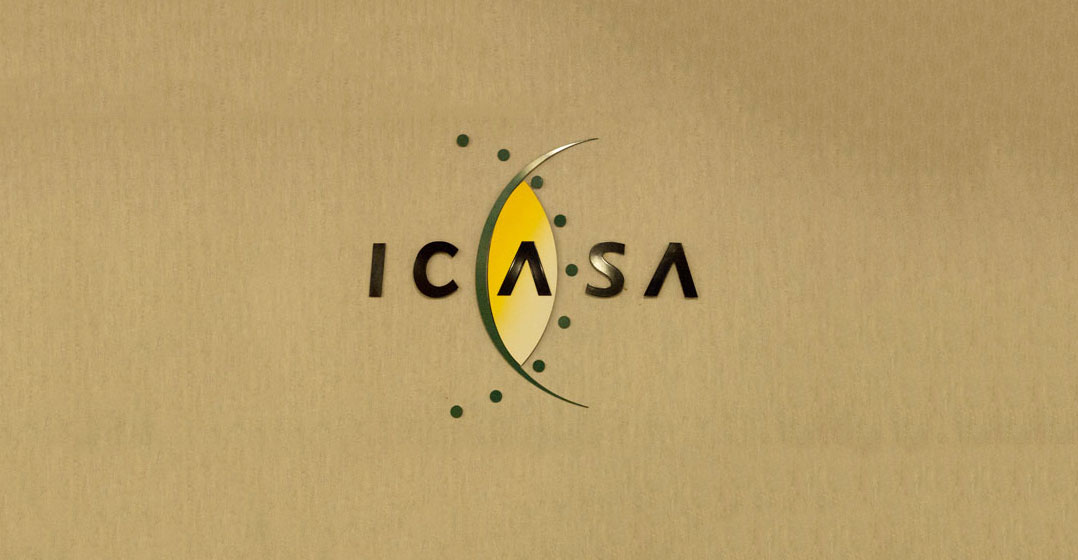
Communications regulator Icasa has backed down over previous draft regulations that data bundles should not expire for three years, saying there now only has to be a simple data rollover offered to consumers.
In the regulations, which are now final and will published in the Government Gazette next week, Icasa decided to avoid prescribing a specific period for data expiry, said CEO Willington Ngwepe.
The news is likely to come as a big relief to South Africa’s mobile operators, which had warned the three-year expiry rule, if implemented, could have had the opposite effect that Icasa had intended, namely higher data prices.
Icasa will provide detailed reasons for its change of heart on the issue when it publishes an explanations document alongside the regulations next week.
At the same time, Icasa has announced several measures it hopes will protect consumers from high out-of-bundle data prices.
Firstly, operators must now send usage depletion notifications to consumers once they have used 50%, 80% and 100% of their bundles. This is meant to allow consumers to better monitor their usage, Icasa said. Operators must provide an option to roll over unused data to ensure consumers do not lose unused data, though Icasa won’t prescribe the period.
In addition, operators must provide an option to provide unused data to other users on the same network. Also, they may not charge out-of-bundle rates when a bundle is fully depleted. In other words, consumers will not automatically be defaulted to out-of-bundle rates.
Consumer rights
Icasa councillor Botlenyana Mokhele said at a press conference in Johannesburg that the final regulations, known as the end-user and subscriber service charter regulations, will help protect consumers’ rights. She emphasised, however, that although the regulations do not address the cost of data services, this could be dealt with in future regulations.
Ngwepe said the new regulations form part of a broader plan to deal with the cost to communicate in South Africa. “…We made it clear we are adopting a three-phase approach for interventions for data services and related data prices,” he said.
The first phase deals with consumer rights, including ensuring the industry is transparent in the way it provides services. The second phase is about identifying the relevant markets in the value chain — so-called priority markets — and how these should be regulated. The last phase will involve a cost analysis that could lead to price regulation. Icasa will work with the Competition Commission in this phase, which is conducting an inquiry in the mobile market.
Icasa’s first draft of the regulations dealing with data expiry drew heavy fire from for introducing staggered data expiry periods based on the size of data bundle purchased. Critics said the initial draft would hurt the poor most since smaller bundles — typically bought by the less affluent — expired sooner than big bundles.
In November, the regulator amended the draft regulations, proposing a uniform three-year data expiry period for all bundles, no matter the size. If implemented, that could have proved a big problem for operators, which argued at the time that data expiry was necessary to help them plan their networks and keep prices down.
MTN, the first to react to the new regulations, said the extent of the changes required by the mobile operators will only come to light once the detailed regulations have been published next week. “MTN will be in a better position to comment, on that detail, once we have had the opportunity to study the actual regulations,” said spokeswoman Jacqui O’Sullivan.
In e-mailed remarks, Vodacom said: “We will review the gazetting of the regulations once it has been published next week and will provide comment in due course.”
Telkom said it supports Icasa’s “efforts to lower the cost to communicate” and “cautiously welcomed” its position on the “need for fairness in business practice around data pricing and the expiry of data bundles”.
“We are encouraged by this direction as this will enable us to continue to differentiate our products and provide subscribers with cost-effective choices,” a Telkom spokeswoman said. “Telkom will only be in a position to study, review and comment on the implications of the new regulations once these have been published.”
Cell C said it will comment only once it has had a chance to study the regulations. — (c) 2018 NewsCentral Media




